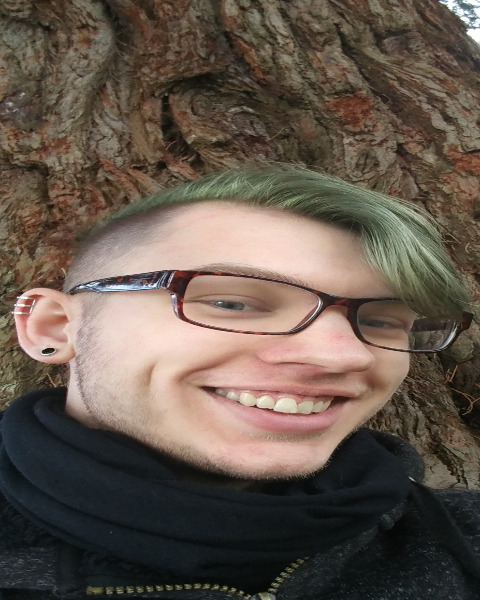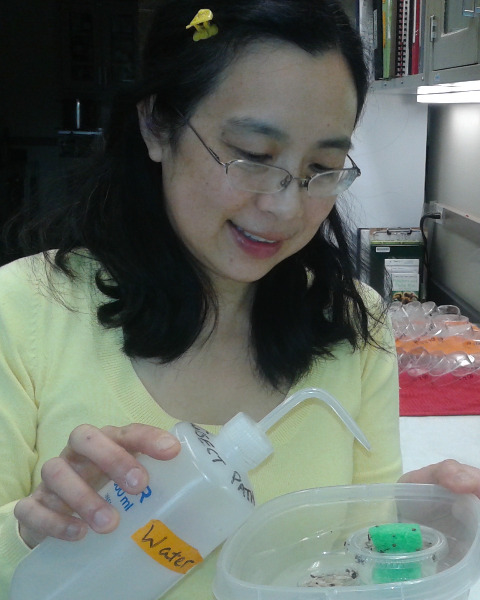Systematics, Evolution, and Biodiversity
10-Minute Paper
Examining the development of specialization within a generalist parasitoid

Ryan D. Chave
Graduate Research Assistant
Oregon State University
Corvallis, Oregon
Vaughn M. Walton
Professor
Oregon State University
Corvallis, Oregon- TW
Timothy Warren
Assistant Professor
Oregon State University
Corvallis, Oregon 
Jana C. Lee
Research Entomologist
USDA-ARS
Corvallis, Oregon
Presenting Author(s)
Co-Author(s)
Pachycrepoideus vindemiae is a generalist pupal parasitoid of multiple drosophila species, which includes the important small fruit crop pest Drosophila suzukii. Parasitism success rates for generalist species are thought to generally be lower than that seen in specialist species, implying that parasitoid species with a longer evolutionary history attacking a specific host have a greater chance of finding and successfully developing within that host. Parasitism success and behavioral characteristics like host preference can also vary within a single species, with ecotypes sometimes differing in their efficacy rate when attacking a common host. This study aims to examine how quickly this differentiation can occur, and whether restricting the available host species can alter the preference and parasitism success rate of a generalist parasitoid across multiple generations. We hypothesize that populations of P. vindemiae restricted to a single host species will see an increase in preference for and success rate on that species when compared against P. vindemiae populations raised on other species. We believe that this work will help elucidate the process of ecotype differentiation, and aid in modeling for the development and release of biocontrol agents. These results may be helpful in predicting the long-term evolutionary consequences of releasing generalist parasitoid species into agricultural areas and illustrate how host availability can alter the success of released biocontrol agents.

